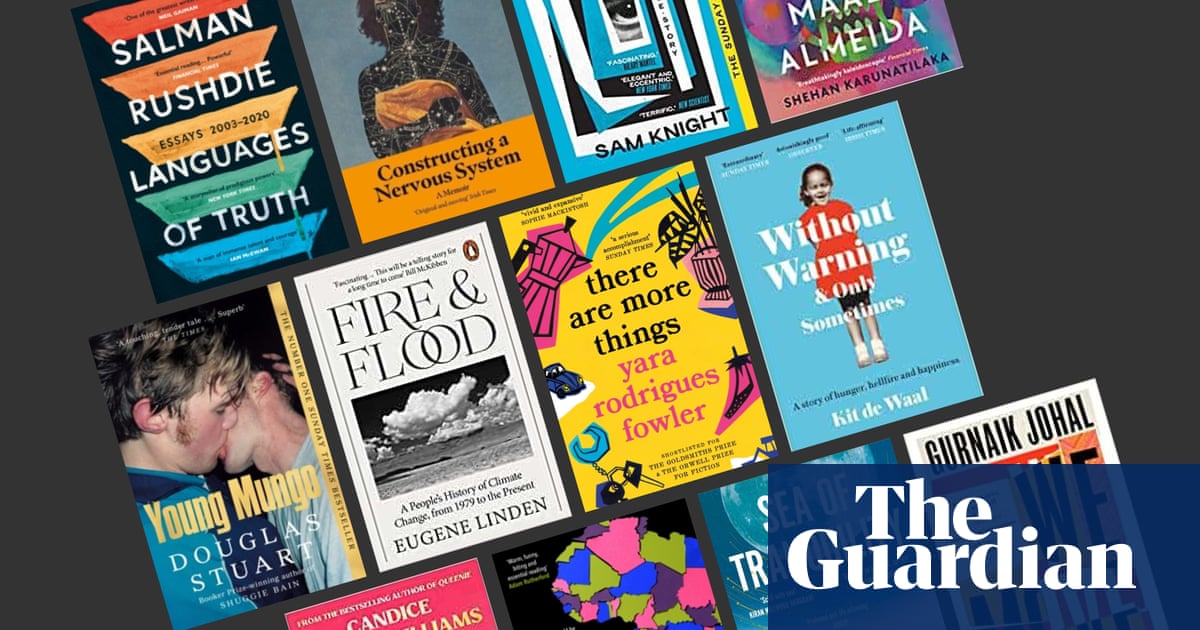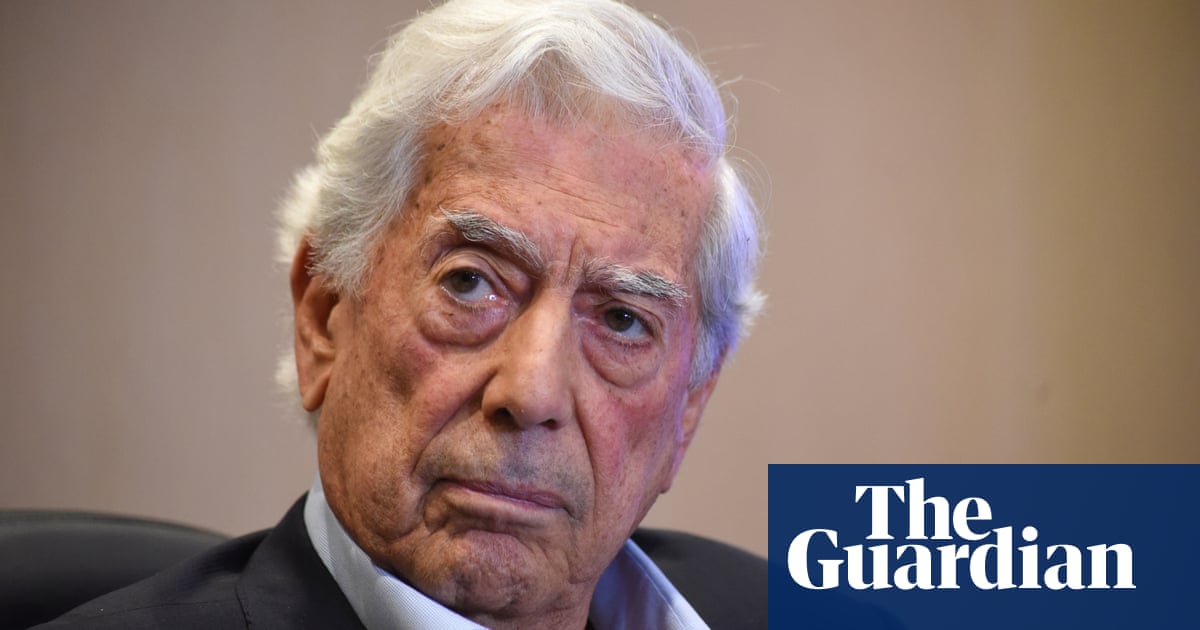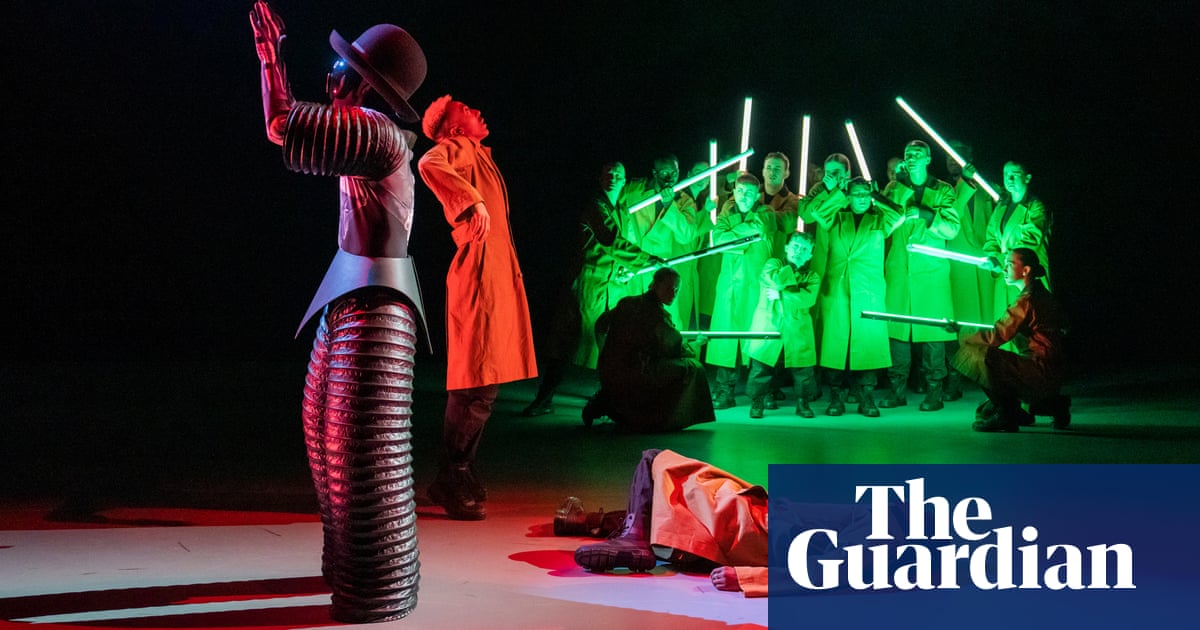
A powerful polemic
In this powerful polemic first published in Spanish ten years ago, Mario Vargas Llosa explores what he considers to be the demise of culture. The Peruvian author, who was born in 1936 and won the Nobel Prize for Literature in 2010, begins by discussing the “metamorphosis of what was still understood as culture when my generation was in school or at university, and the motley definitions that have replaced it”. After briefly surveying earlier attempts to understand culture, including works by TS Eliot, George Steiner, Guy Debord and Frédéric Martel, he concludes that in his lifetime it has undergone a “traumatic change”. So much so, that culture has been “discreetly emptied of its content”.
As Vargas Llosa sees it, the only value modern society recognises is commercial value and that as a result culture has been reduced to mere entertainment – a means of escaping the existential ennui of our intellectually impoverished lives. In a civilization obsessed with spectacle, he fears that in the future the “arts and letters” will be rendered so banal that they will become irrelevant.
TS Eliot suggested that “culture may be described simply as that which makes life worth living”. Vargas Llosa agrees. He dislikes the anthropological way in which culture is now defined, as everything that a community “says, does, fears or worships”. Culture for Vargas Llosa is high culture, a creative vocation with an almost spiritual dimension, whose purpose is to find answers to ultimate questions about life that transcend mere material well-being. Though he accepts that often in the past only an elite could appreciate such culture, it still suffused the whole of society. But today he claims that we have lost “this delicate substance that gives sense, content and an order to what we call civilization”.
Vargas Llosa writes from the heart and there’s no doubting his love for great art and literature, and its unique ability to open people’s eyes to the reality of their lives. His anger at the trivialisation of the arts – and indeed other fields such as journalism – stems from his deeply-felt belief in its importance and his anger at its displacement.
His prognosis for the future of culture is pessimistic. But this idiosyncratic book – superbly translated by John King – ends on an uplifting note, with an impassioned speech delivered when he was awarded the Peace Prize of the German Publishers and Booksellers in 1996. In it he speaks movingly about how great novels lit an enduring fire in his imagination (“these books changed me, moulded me, made me”), and his conviction that such works should always lie at the very heart of our civilization: “nothing sharpens our senses or makes us more alert to the roots of cruelty, evil and violence than good literature”.
PD Smith
£13.04 (RRP £14.99) - Purchase at the Guardian bookshop
Small Things Like These Claire Keegan
Between happiness and ruin
Keegan’s Booker-shortlisted novel Small Things Like These is plunge pool-like, implying significant depth below its close, bounded surface. The protagonist here is the father, Bill Furlong, a coal merchant with a wife and five daughters. It is Christmas 1985, in the town of New Ross, County Wexford.
At the edge of town is a convent. Attached to it, a training school and laundry where young women live and work. There are all kinds of rumours about those in attendance – “girls of low character” or “common, unmarried girls”, who were hidden away after giving birth. The terrible conditions they are forced to live under are at last confirmed when Furlong discovers a girl locked away in the convent’s coal house, distressed, barely able to walk and asking to see her baby.
The tension comes from whether or not Furlong will act on his findings. In her note on the text, Keegan explains that the Magdalene laundries, where an estimated 30,000 Irish women were incarcerated between the 18th and 20th centuries, were “run and financed by the Catholic Church in concert with the Irish state”. For Furlong and his family, “it would be the easiest thing in the world to lose everything”. His sensitivity to the narrow boundary between happiness and ruin is accounted for within the text. Furlong’s mother bore him out of wedlock, when she was 16. She could easily have ended up in the laundry, but instead Furlong and his mother were taken in by a wealthy Protestant woman living just beyond New Ross.
Despite this relative lack of turbulence in Furlong’s past, Keegan provides him with a complex, nuanced inner life. It is this that prevents him, ultimately, from becoming a Dickensian stock figure. Though his life is a good one, Furlong cannot help but imagine alternative existences for himself.
Lamorna Ash
£8.36 (RRP £8.99) - Purchase at the Guardian bookshop
These Precious Days Ann Patchett
A reckoning with loss
At 57, the novelist Ann Patchett is already preparing for death. She isn’t terminally ill, and her decision isn’t as morbid as it sounds at first. She intends from now on to travel light, to empty her house in Nashville of the residues of adulthood: the boxes of clothes and dishes and jewellery that she has accumulated over five decades of living, things that she now believes prevented her from “thinking about what was coming and the beauty that was here now”.
Delve deeper into the essays in These Precious Days and you will find that death is more than a pretence. A typical Patchett piece is a eulogy, suitably warm and affectionate, respectful to those who have died, or are about to die. There is her policeman father, who could do a hundred pull-ups in his 70s, but succumbed to Parkinson’s in under two years. There is her nurse mother, who looked so young that people assumed she was Patchett’s sister (and towards the end, Patchett would insist that she was). There is Tom Hanks’s deceased assistant, Sooki Raphael, protagonist of the title essay that went viral a few months ago when it was published by Harper’s, who had gone to Nashville for her chemotherapy and ended up staying with Patchett during the lockdown.
There are plenty of cringey moments. By buying a stove for a homeless man, Patchett’s friend is apparently sweeping “down the walls of oppression”. She can’t help but talk up her acquaintances on the page – a “bombshell best friend” here, a “force of nature, force of life” there. And does Patchett honestly expect us to believe that Snoopy, the dog from the Peanuts comic strip, was her only role model as a writer? Yet I found myself ignoring the missteps, the saccharine detours, because they stem from the same impulse that enables the more engaging passages: the wish to let the heart “remain open to everyone, everyone, all the time”.
Abhrajyoti Chakraborty
£9.29 (RRP £9.99) - Purchase at the Guardian bookshop
The Falling Thread Adam O’Riordan
Deeply satisfying
The poet and now novelist Adam O’Riordan was born in Manchester, teaches there, and has declared that the city “has always had a central place in my imagination”. His 2010 debut poetry collection, In the Flesh, opened with a poem called “Manchester”, which O’Riordan described as an “obsessional imaginative remaking” of his home town in its Victorian industrial prime, complete with its “million windows and the smoke-occluded sun”. He again summons a late 19th-century incarnation of the city to open The Falling Thread, his debut novel, which follows the lives of Charles, Tabitha and Eloise Wright, children of a Manchester cotton mill owner, in the quarter century or so leading up to the first world war.
Poets who write novels are sometimes commended for not writing “a poet’s novel”, by which reviewers mean something where fine description and precise attention to language come at the expense of plot. The Falling Thread is full of fine description and, yes, a poet’s precise command of language, but it also offers plenty of plot.
As the siblings’ lives are played out, so O’Riordan’s facility for observation and empathy edges The Falling Thread towards the more traditional model of a poet’s novel. He captures the broad canvas of a vibrant city, as well as the fine grain of daily life, from noticing the cook’s “pale wrists ploughing the yellowish dough” to evoking the relaxed and knowing humour between grownup brothers and sisters and the near impossibility of Hettie ever truly being able to share in it. His characters’ lives are full of drama and dynamism and reverses, but O’Riordan has an uncanny ability to make it all feel less like plot and more like convincing biographies unfolding before us. His novel ultimately becomes a deeply satisfying meshing of the vast sweep of history with the familiar textures of lives as they are lived.
Nicholas Wroe
£9.29 (RRP £9.99) - Purchase at the Guardian bookshop
The Ottomans Marc David Baer
When east met west
In May 1453, Ottoman military forces under Sultan Mehmed II captured the once great Byzantine capital of Constantinople, now Istanbul. It was a landmark moment. What was viewed as one of the greatest cities of Christendom, and described by the sultan as “the second Rome”, had fallen to Muslim conquerors. The sultan even called himself “caesar”.
After a lengthy siege, Mehmed rode his white horse to Hagia Sophia, the sixth-century Greek Orthodox Church of Divine Wisdom, at the time the largest building in the world. He ordered a single minaret to be added, turning it into a mosque, but refrained from remaking Constantinople as a purely Muslim city. Instead, he promoted the Sunni-dominated tolerance and diversity the Ottomans had been practising for more than a century in south-eastern Europe – long before European Christian societies tolerated their religious minorities. The new Ottoman ruling class was composed mostly of converted Christians.
Marc David Baer’s core argument in this highly readable book is that more than 600 years of the Ottoman empire should be seen as an inseparable part of the history of Europe, and not as something detached from it, as with false narratives that paint the east and west, and Christianity and Islam, as antithetical.
This book is impressively well-structured. Chronological chapters focused on successive rulers are followed by thematic ones addressing cultural issues, messianic depictions of the sultan, the rise of the Ottomans as a maritime power and attitudes to women, Jews and eunuchs in dynastic politics. Baer’s fine book gives a panoramic and thought-provoking account of over half a millennium of Ottoman and – it now goes without saying – European history.
Ian Black
£11.30 (RRP £12.99) - Purchase at the Guardian bookshop
Delicious Rob Dunn and Monica Sanchez
Why food tastes good
According to Jean Anthelme Brillat-Savarin’s classic 1825 study The Physiology of Taste, which defined the field of gastronomy, eating a dish that has never been tasted before “confers more happiness on humanity than the discovery of a new star”. When people first arrived in the Americas, they found vast numbers of unfamiliar animals, including three times as many species of large mammals than are found in African game parks today. As the ecologist and evolutionary biologist Rob Dunn and his partner Monica Sanchez, an anthropologist, say this represented “an entire solar system of potential dishes”. But of course, people being people, they eventually hunted most of these large mammals to extinction, including mammoths, whose once much-prized meat is now “an emblem of the flavours we have loved to oblivion”.
Dunn and Sanchez explore the subject of deliciousness, showing how our senses have evolved and why we find some foods especially flavoursome, using insights from ecology, anthropology, evolution, neurobiology, chemistry and psychology. Their approach is broadly chronological, starting with the evolution of taste receptors for saltiness, umami or sweetness and how they helped to guide animals towards what they needed to eat. This involved releasing pleasure-inducing endorphins in the brain when foods rich in necessary elements were eaten: “the hummingbird tastes a different world than the dolphin or dog”. Indeed, hummingbirds evolved from swifts which ate insects and to their receptors nectar would have originally tasted like water. Now, however, their receptors have evolved and nectar tastes delicious: a sweet-umami flavour.
Togetherness apparently improves the deliciousness of food. Research with chimpanzees has revealed the rules governing with whom they will share food. This includes those who helped them obtain the food, their friends, and chimpanzees from their own social class. But the act of sharing food also strengthens social bonds for both chimpanzees and humans, by triggering the release of chemicals in the brain that reduce anxiety and increase pleasure: “while the rules of dining vary in many ways among cultures, the importance of eating together transcends human culture and time.”
Dunn and Sanchez reveal many unexpected and remarkable aspects to the history and science of flavour, from chimpanzees using tools to reach food that would otherwise be unavailable (“in doing so, they created cuisine”), why the Spanish Cabrales soft cheese has a “bodily” smell (the older it is “the more human they become”), to how many fruits – such as those of the wonderfully-named Stinking Toe tree which taste like anchovies and fish sauce mixed with molasses “in a good way” – evolved to please the mouths of animals long since extinct.
Written with an entertaining mix of anecdotes from the authors’ culinary travels as well as findings from the latest research, Dunn and Sanchez stir together a rich variety of ingredients to create a highly satisfying and indeed flavoursome narrative.
PD Smith
£13.04 (RRP £14.99) - Purchase at the Guardian bookshop
I Live a Life Like Yours Jan Grue, translated by BL Crook
A world of difference
Jan Grue knows that he is running out of time (which is what we are all doing, of course, though we don’t usually live with the knowledge). He is intimately aware that his body is frail and vulnerable (all our bodies are perishable things, sites of pain and bound for extinction, but his is more so). We live in our bodies in the world and in time. As Grue writes in his stunning memoir, there is “no I outside the embodied self” and no “me apart from the body”.
When we are young, we take this body for granted; we are blind to ourselves and time is not visible. Grue never had such unfettered childhood joy. He was always conscious of himself as someone who was different and therefore “defective”. At the age of three, a child living in Oslo with his parents and sister, he was diagnosed with spinal muscular atrophy, an incurable and progressive condition. The stash of documents he inherited shortly after he became a father himself describe in clinical language what this means in fact: he cannot walk more than a few paces, his feet are twisted, his body is weak, he uses a wheelchair, he will always need help, he often hurts and what is thoughtless for most of us (getting up from a chair, putting on clothes, making a meal, going into a shop) is a matter of planning and excruciating labour for him. How, then, to get through doors, up stairs, into planes; how to go to college, have relationships, fall in love, have a child, have a life that he wanted in a world that sets obstacles, often literally, in his path.
I Live a Life Like Yours is not an account of suffering and deprivation, nor is it a redemptive tale of survival against the odds. It is a restrained, dazzlingly intelligent and self-excavating examination of what it has meant to be disabled and visibly different, not “normal”.
Nicci Gerrard
£9.29 (RRP £9.99) - Purchase at the Guardian bookshop
Why Food Matters Paul Freedman
We are what we eat
Paul Freedman’s Why Food Matters opens with a lament on the lack of intellectualism – indeed, discourse – around food and drink. They are considered “eminently compatible with conversation, just not worthwhile as its objects”, and he puts this down to three things: “materiality, necessity and repetition contribute to the apparent banality of food”. While repetitiveness might well put off a passing intellectual, the same way housework is such a turn off for economists in the Adam Smith tradition, arguably materiality is the main block.
Appetite, like sex drive, is considered elementally base, bestial, ignominious. Physical desire stands opposed to cerebral or spiritual quest. We don’t describe in intricate detail the process and pleasure of satiation for the same reason we rarely talk in public about what actually happened in bed: yet sex gets a look in, intellectually, being so consequential, launching so many ships, wars, neuroses. It doesn’t have many consequences, does it, food?
That’s where you’re wrong, Freedman gleefully declares, in a magpie tour of the whole of human history (skipping cavemen): the way we eat does have consequences, social and geopolitical, and even where it does not, it is nevertheless significant in the moment.
Just as interesting is our internal battle with food: why, Freedman wonders, is gluttony the only original sin that has kept its taint, while all the others have become marks of honour? Why has ostentation come full circle, so that the rich now signal their superiority not by eating a mutilated swan but with their abstinence? Why is it “appropriate if ironic that a magazine called Self is not about philosophy but exercise?” Freedman is as much in the business of bringing a food sensibility to intellectual inquiry as he is about bringing intellectual inquiry to food: he doesn’t attempt to resolve these questions for all time; instead he relishes their piquancy before moving on to the next course.
Zoe Williams
£11.30 (RRP £12.99) - Purchase at the Guardian bookshop
Sybille Bedford Selina Hastings
A huge appetite for life
The novelist Sybille Bedford is the patron saint of writers who hate writing. She described the actual act as “tearing, crushing, defeating agony” and filled her journal for 1949 with despairing accounts of “Thinking – Dawdling – Dreaming – Fiddling”, ending always with an accusatory blank page. Sometimes she tried to trick her muse by practising typing exercises, but even her typewriter seemed to get wise to this and she was left feeling “sick with disgust, discouragement, heaviness”. She used drink and drugs to jolly herself into a more productive state of mind, but in the end found that only weak black tea did the trick.
Even then her struggles weren’t over. Seven years after those punishing diary entries, Bedford finally published her first novel, A Legacy, based on her own family history of the late 19th century, but said she could only look at it with a shudder – “that ogre, that snail novel”. The fact that Evelyn Waugh hailed 48-year-old Bedford in the Spectator as a “new writer of remarkable accomplishment” wasn’t enough to get her going again. It took 30 years for her to produce a sequel, the intensely autobiographical Jigsaw. This time, and by now pushing 80, Bedford was nominated for the Booker.
Perhaps this scrupulous biography’s greatest achievement is to remind us that Bedford had a second string to her writerly bow. From the 1950s she became a high-grade court reporter, writing several long-form essays about legal cases, including the Lady Chatterley’s Lover obscenity trial and the Profumo affair. Because writing journalism for a contracted fee didn’t count as “art”, Bedford finally found an ease and a fluency and a certain artisanal satisfaction in a job well done.
Kathryn Hughes
£9.56 (RRP £10.99) - Purchase at the Guardian bookshop
The Genetic Lottery Kathryn Paige Harden
The quest for equality
In 2019, the three richest people in the United States had more wealth than the poorest 50 percent of the country. In the past 40 years, the incomes of the top 0.1 percent of Americans have increased by 400 percent while men without a degree have seen no increase in real wages since the 1960s.
Kathryn Paige Harden – a psychologist and behavioural geneticist whose research focuses on the genetics of human behaviour in childhood – notes that a sense of fairness is deeply ingrained in us, with both children and monkeys being outraged by unfairness. For Harden, the levels of income inequality in America are “obscene”.
In the quest for equity, a society needs to be organised so that accidents of birth – such as whether one is born to rich or poor parents – do not determine a person’s fate in life. According to Harden, just as class and income can increase inequality, so too can genes: “like being born to a rich or poor family, being born with a certain set of genetic variants is the outcome of a lottery of birth”.
This is a controversial view. A colleague once told her that conducting research on genetics and education made her “no better than being a Holocaust denier”. But in a book that is closely argued and packed with compelling scientific and statistical evidence, she refutes the idea that her work can be compared to the discredited theories of eugenics, a word coined in 1883 by Charles Darwin’s cousin, Francis Galton.
Instead, her book seeks to “reimagine the relationship between genetics and egalitarianism”. She argues that the evidence shows that people differ genetically (“people are not born the same”), and that some people with a certain set of genetically influenced talents and abilities are rewarded by our current educational systems and labour markets: “children who inherit different genes fare differently in life in ways that we can measure in dollars and cents”. If this is so, then the next step is to redesign those systems and markets so that everyone is treated fairly, “regardless of the outcome of the genetic lottery”.
This is a fascinating and detailed discussion of how genetic and environmental factors are braided together in all of us, shaping our destinies for good or ill. Harden’s ideas challenge existing orthodoxies, and she is also aware that complex research such as this is often misused. But her passionate commitment to tackling inequality and changing society is not to be doubted.
PD Smith











